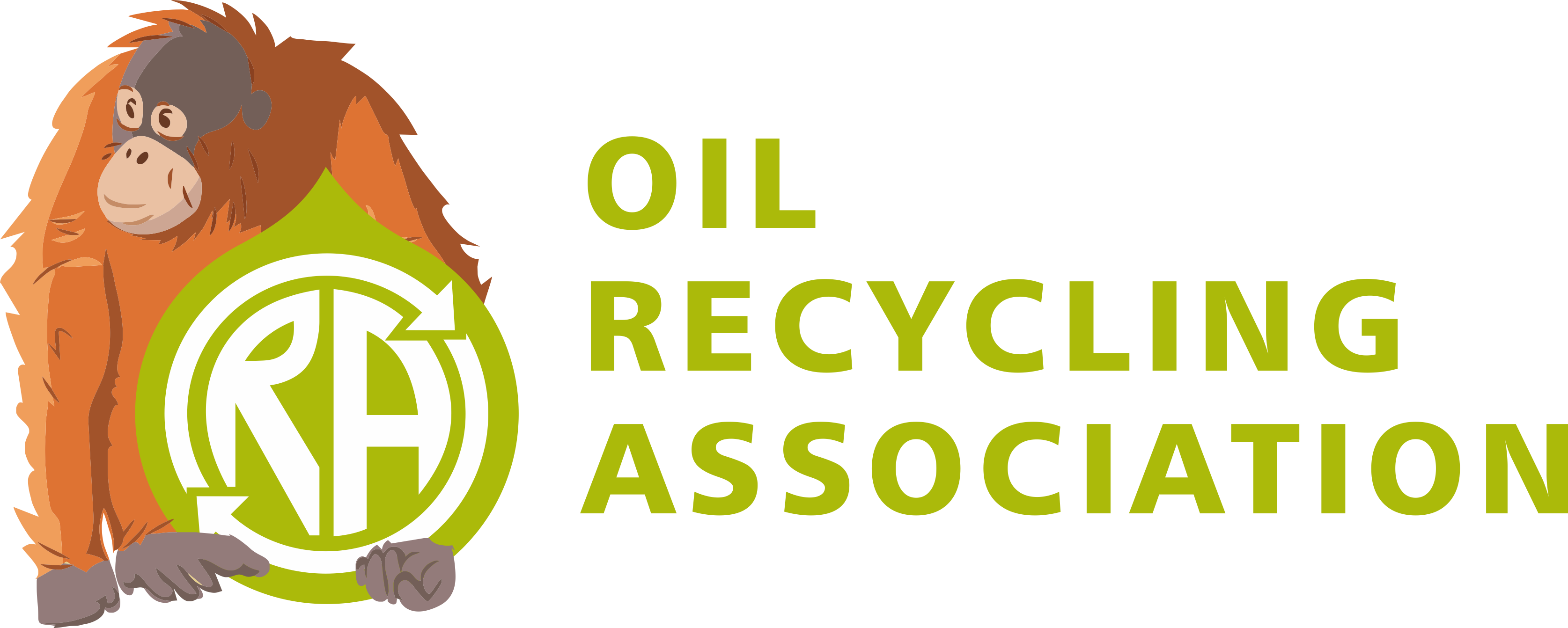For a complete list of members registered for the voluntary ORA Audit scheme please visit the PFO Supplier Conformance Page.
Applicability
England, Wales and Northern Ireland and Scotland*
This article is an extract from the Environment Agency /Waste Resources Action Programme (WRAP) Quality Protocol dated February 2011.
The background to this and details of the full Quality Protocol is available at End of waste criteria for the production and use of processed fuel oil from waste lubricating oils
Background
Uncertainty over the point at which waste has been fully recovered and ceases to be waste within the meaning of Article 3(1) of the EU Waste Framework Directive now (2008/98/EC) has inhibited the development and marketing of materials produced from waste which could be used beneficially without damaging human health and the environment. In some cases, this uncertainty has also inhibited the recovery and recycling of waste and its diversion from landfill.
Interpretation of EU legislation is ultimately a matter for the courts and there is now a substantial body of case law on the interpretation of the definition of waste in Article 3(1) of the Waste Framework Directive. Drawing on the principles established in this case law, it is possible to identify the point at which certain wastes cease to be waste and thus when the Waste Framework Directive’s waste management controls no longer apply. This identification is the purpose of the Waste Protocols Project.
More specifically, depending on the circumstances of the waste concerned, the project seeks to achieve the following outcomes:
- to produce a Quality Protocol identifying the point at which waste, having been fully recovered, may be regarded as a non-waste product that can be either reused by business or industry, or supplied into other markets, enabling it to be used without the need for waste management controls;
- and/or to produce a statement that confirms to the business community what waste management controls they must comply with.Following the Court of Appeal judgement in OSS Group Ltd v Environment Agency (2007) the Court suggested that the Department for the Environment, Food and Rural Affairs (defra) and the Environment Agency should provide practical guidance for those affected on what it referred to as “the end of waste test”
The Environment Agency decided that this guidance should take the form of a Quality Protocol, and established a Technical Advisory Group comprising relevant industry specialists and Government departments to examine this issue fully and provide the basis for such guidance.
The methodology used was to be analogous to that applied to previous Quality Protocols produced by the Waste Protocols Project.
What is a Quality Protocol?
A Quality Protocol sets out end of waste criteria for the production and use of a product from a specific waste type. Compliance with these criteria is considered sufficient to ensure that the fully recovered product may be used without undermining the effectiveness of the Waste Framework Directive and therefore without the need for waste management controls. In addition, a Quality Protocol indicates how compliance may be demonstrated and points to good practice for the use of the fully recovered product.
The Quality Protocol further aims to provide increased market confidence in the quality of products made from waste and so encourage greater recovery and recycling.
The purpose of this Quality Protocol
This Quality Protocol for Processed Fuel Oil has three main purposes:
- to clarify the point at which PFO ceases to be waste and waste management controls, including the Waste Incineration Directive’s controls, are no longer required
- to provide users with confidence that the PFO they purchase conforms to an approved standard and
- to protect human health and the environment.
Further Detail
It is very important to understand both the context of and the detail, including technical requirements, contained within the Quality Protocol. The official Regulatory position on this can be found at: PFO Protocol and readers are accordingly directed to this information.
Scotland
There is a similar position applicable to Scotland and readers are directed to the Scottish Environment Protection Agency’s (SEPA) web pages.
The appeal concerned the limited question “…whether a lubricating oil, thus not originally used as a fuel, which becomes waste can thereafter be burnt other than as waste”. The conclusion was that, in order for a waste to cease to be waste “it should be enough that the holder has converted the waste material into a distinct, marketable product, which can be used in exactly the same way as an ordinary fuel, and with no worse environmental effects.”




